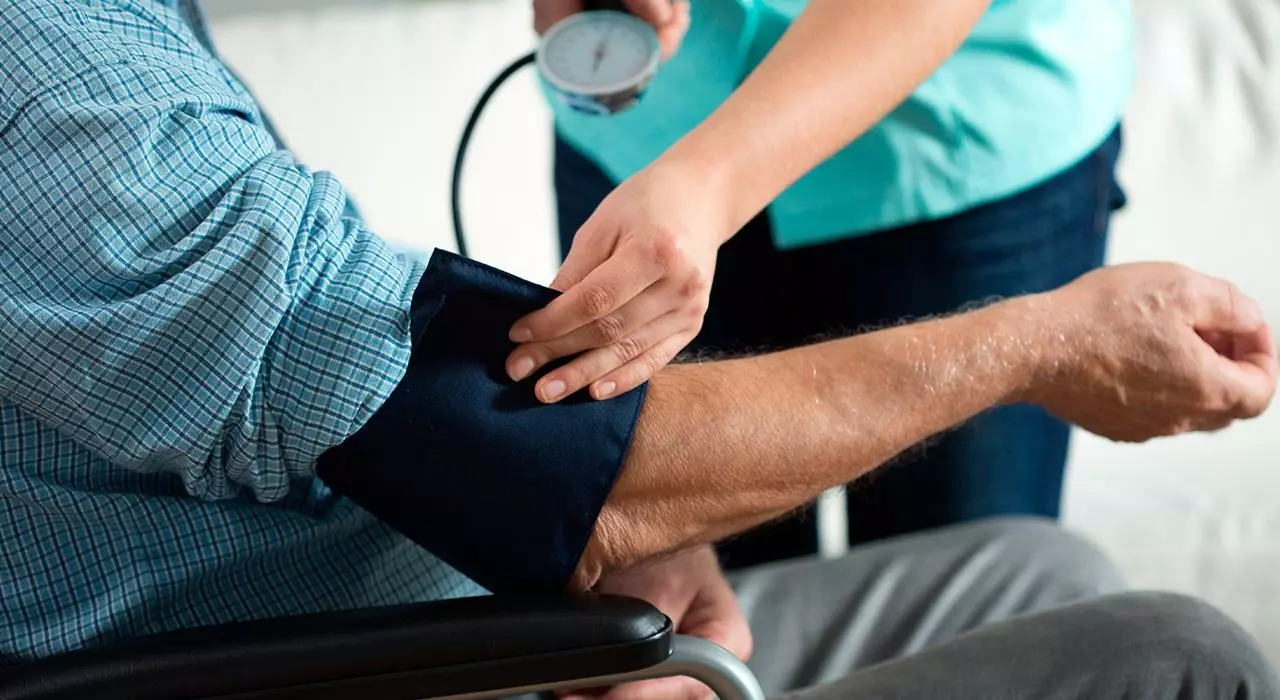Elderly patients: make medicines safer and life easier
Older adults often juggle multiple prescriptions, over-the-counter drugs, and supplements. That mix raises the chance of harmful interactions, side effects, and missed doses. This page gives clear, practical steps you can use today — whether you’re a senior, a family caregiver, or a home nurse.
Medication checks and interactions
Use one short list of everything someone takes: prescription drugs, vitamins, herbals, and any OTC meds. Bring that list to every appointment and pharmacy visit. Ask the doctor or pharmacist: "Any interactions I should worry about?" Common problem spots for older adults include blood pressure meds (like atenolol), statins (like atorvastatin), diuretics (Lasix and alternatives), and pain drugs (NSAIDs or ketorolac/Toradol). Even common OTC items — ibuprofen, antacids, or cough medicines — can change how well a heart or blood-pressure drug works.
Watch for clear warning signs: dizziness, sudden weakness, new rashes (for example after starting losartan), confusion, or balance problems. If those show up after a new drug, contact a clinician quickly.
Smart buying, devices, and daily routines
Online pharmacies can save money and time, but not all are safe. Prefer pharmacies that require a prescription, show a physical address, and have verifiable reviews. We review several online pharmacies on this site so you can check reputations before buying. If a price looks too good or a site ships controlled meds without a prescription, walk away.
Pill organizers, blister packs from your pharmacy, and weekly alarm reminders cut missed doses. Keep a single pharmacy if possible — pharmacists who see all prescriptions spot dangerous overlaps. Ask for a yearly medication review (sometimes called a "brown bag review") so a pro can remove drugs you no longer need.
For inhalers and breathing meds, technique matters more than brand. Rescue inhalers like albuterol work fast when used correctly. If you struggle with hand strength, talk to your clinician about spacer devices or alternate inhaler types. For chronic inhaled meds (Symbicort alternatives, Advair, Breo), get a check on technique and symptom control every visit.
Supplements such as probiotics (like Saccharomyces boulardii) or herbal remedies can help some conditions, but they’re not risk-free. Tell your provider about every supplement — they may change how prescription drugs act or cause side effects.
Finally, schedule regular checkups and blood tests as recommended. Labs can catch electrolyte or kidney changes from diuretics and show if a statin affects liver markers. Small steps — a clear med list, one pharmacy, yearly reviews, and cautious online shopping — make a big difference in safety and quality of life for elderly patients.

The Effect of Amiloride on Blood Pressure and Kidney Function in Elderly Patients
In my latest blog post, I explored the effects of Amiloride on blood pressure and kidney function in elderly patients. I found that Amiloride, a diuretic medication, can help in reducing high blood pressure and improve kidney function in this age group. Not only does it aid in preventing heart attacks and strokes, but it also reduces the need for dialysis in patients with chronic kidney disease. However, it's crucial to consult a healthcare professional before starting Amiloride, as it may have potential side effects. Overall, this medication seems promising for elderly patients in managing hypertension and maintaining kidney health.
